I am aware of how to setup autocompletion of python objects in the python interpreter (on unix).
- Google shows many hits for explanations on how to do this.
- Unfortunately, there are so many references to that it is difficult to find what I need to do, which is slightly different.
I need to know how to enable, tab/auto completion of arbitrary items in a command-line program written in python.
My specific use case is a command-line python program that needs to send emails. I want to be able to autocomplete email addresses (I have the addresses on disk) when the user types part of it (and optionally presses the TAB key).
I do not need it to work on windows or mac, just linux.
